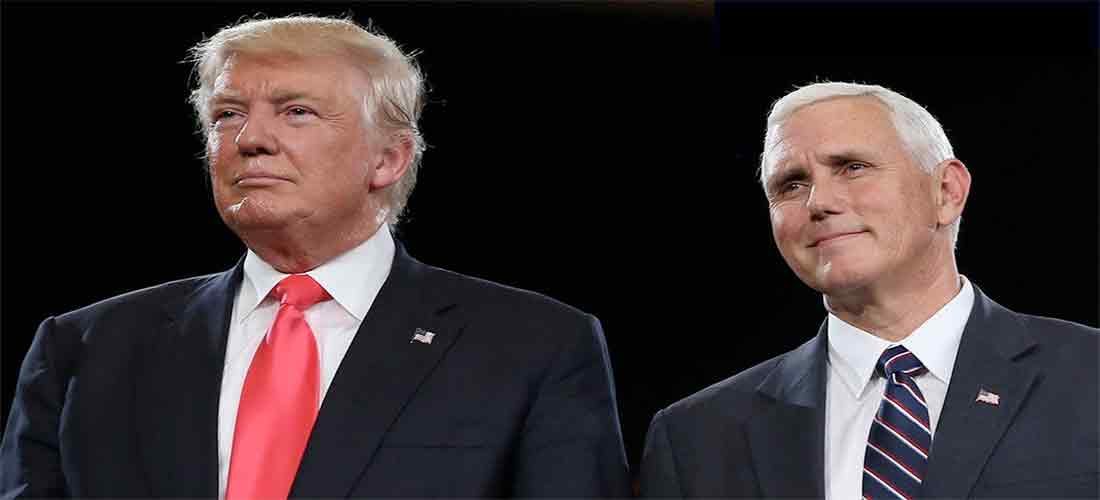Sports gambling has been on the backburner for decades. It is illegal in every state except for Montana, Delaware, Oregon and Nevada. The Professional and Amateur Sports Protection Act, or PASPA, has served as both the judge and executioner for any state that tries to push a pro-sports gambling agenda. PASPA was enacted in 1992 by President George H. W. Bush and has been the governing statute in the 25 years since.
This year, Americans elected Donald J. Trump as their President. Trump is a man with ties to casinos and other business ventures and he prides himself on his negotiating and business skills. Because of this, many sports gambling advocates believe his administration could finally be the one to repeal PASPA and open the door to sports gambling in the United States.
PASPA states that “it shall be unlawful for a government entity to sponsor, operate, advertise, promote, license, or authorize by law or compact…a lottery, sweepstakes, or other betting, gambling, or wagering scheme based, directly or indirectly (through the use of geographical references or otherwise), on one or more competitive games in which amateur or professional athletes participate, or are intended to participate, or on one or more performances of athletes in such games.”
The only reason why Montana, Delaware, Oregon and Nevada are exempted from PASPA is that each state had some form of legalized operational sports gambling at the time President Bush signed the bill into law. While several states have recently drafted legislation in preparation of PASPA’s repeal that would allow them to launch a regulated state-sponsored sports gambling industry, the fact remains that PASPA is still in effect. Not to mention the backlash any sports gambling proponents have received from the major professional sports leagues.
New Jersey has been the most aggressive state thus far, and their case is awaiting word from the Supreme Court. One key aspect of this case is word from the Solicitor General, a position that President Trump has yet to appoint. This is where Trump’s impact on sports gambling begins. With his pick for Solicitor General, Trump will either set up sports gambling for a chance at legalization and regulation or keep it in the same stagnant position it has been in for decades.
In a recent interview with CNS News, Trump spoke on the possibility of legalizing sports gambling. “Well, what I’d do is I’d sit down with the commissioners. I would be talking to them, and we’ll see how they feel about it. Some would not want it, and probably others—and I’ve read others maybe do. But I certainly would want to get their input and get the input from the various leagues, and we’ll see how they feel about it. I’d also get the input from lots of law enforcement officials, because, obviously, that’s a big step.” Trump went on to say how it wouldn’t be done “lightly.”
His statement, while not too committal, shows an interest in discussing the topic with the people that can have the biggest impact on it. Another interesting aspect of Trump’s administration is Vice President Mike Pence, who signed legislation legalizing Daily Fantasy Sports while serving as Governor of Indiana. DFS and sports gambling are two different entities, but Pence’s stance reflects positivity on the matter as a whole.
46 states—including Hawaii—may be without legalized sports gambling, but there are signs of hope. Hawaii sports gambling may soon become a part of the conversation pending the Supreme Court’s ruling with the New Jersey case. Hawaii residents can legally bet through offshore sportsbooks, but Nevada-style sportsbooks could soon become a part of Hawaii’s economy if voters choose to bring it in.

